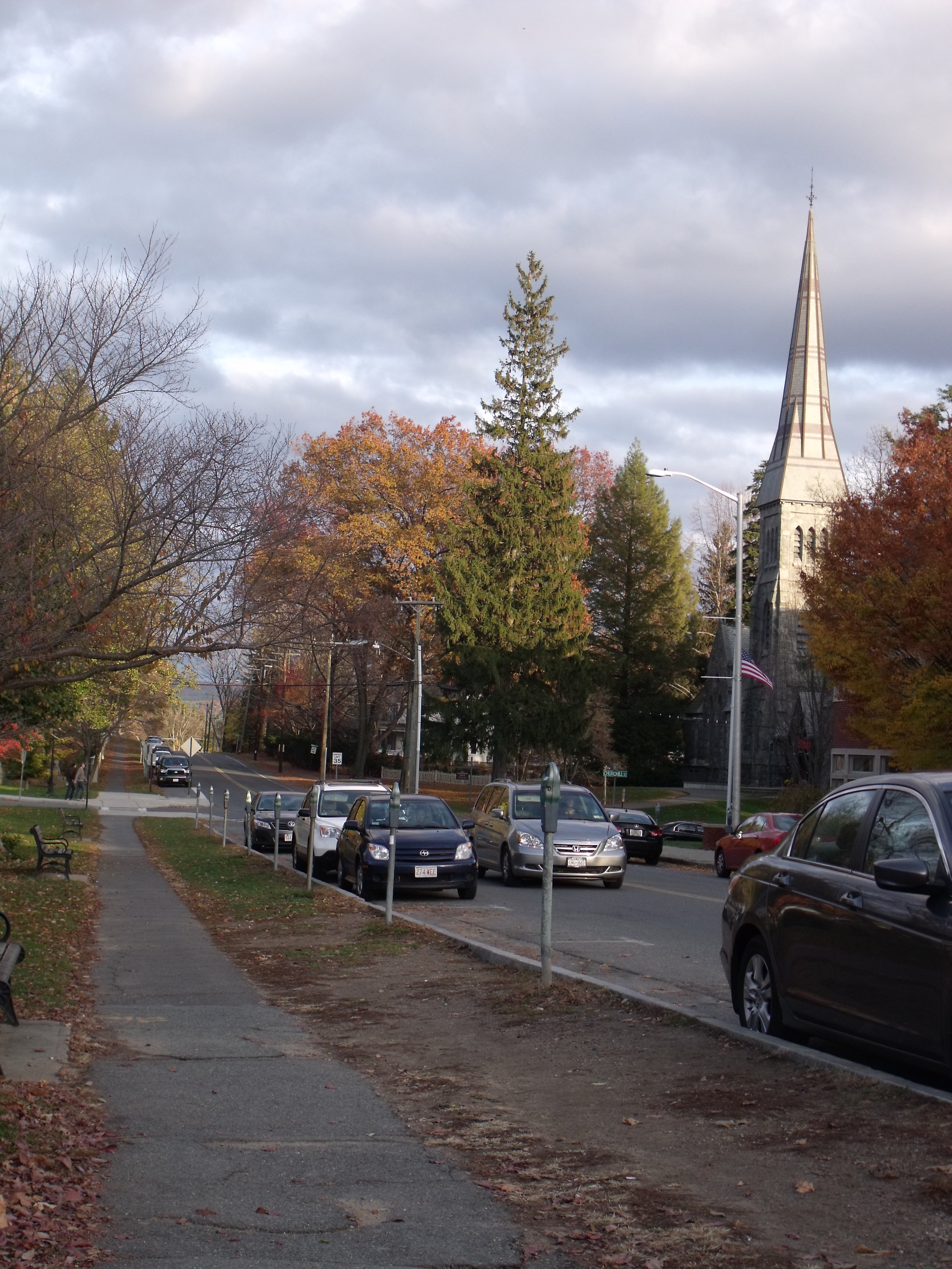Lesson #1: Never underestimate the power of networking.
Last spring, I applied for a part-time position at a small church in a small town another state away. I knew no one and no one knew me. I sent my resume, had a few conversations, and sent a recording of some of my recent performances. A few days later, I received an email from a Humanities professor at a college in a town adjacent to where the church was located. She, too was a musician (with three degrees in organ performance) and had received my resume from the search committee at the church. “Want a job?” she said in one email. “We have an opening for a part-time adjunct teaching class piano. You’d be great.”
What a vote of confidence! I haven’t even met the woman yet! I went back and forth on whether this was something I really wanted to pursue. In the end, my final semester of school caught up with me and I was soon fully immersed in the day-to-day once more.
A few months went by. I got the job for which I had originally applied, performed a collaborative recital, graduated from Eastman, and began moving plans. Around June 1st, I received another email from the music professor. “Are you still interested in applying for the adjunct position? We’re getting ready to make a decision.” I scrambled to update my CV and resume, write a cover letter, and fill out the application. Two days later, I was offered the position via email by the Humanities Chair. “Is this real?” I asked Steve. “They haven’t even met me!”
Lesson #2: Welcome to the world of guessing.
So I got the job. Now what? I was full of questions:
Do I pick the textbook? Do I have to write anything specific in my syllabus? Is there a standard grading policy for the college? How many students are registered for these classes? Do I have an email address? I need office hours? I have an office?! How much does this pay again?
August 1st rolled around. I moved, I started my position at the church, I began plans for opening my piano studio. The semester feels as if it’s looming around the corner (it is – September 1st!) Finally, I received an email from Human Resources with an overwhelming number of attachments (14, to be exact). Contract, health insurance, mandatory contributions, direct deposit, etc. By the way, I had five days to submit everything. I somehow managed to fill out every form correctly and turn it in on time. This was also the first time I met anyone at the college face-to-face. “So what do I need to do from here?” I asked. “Just wait for us to contact you,” the woman replied.
Three weeks later, having not heard anything, I took it upon myself to email Human Resources. Finally, I’m official! Now the fun begins. Before my first class, I need to get a college ID made (building A), pick up a parking pass (building B), pick up a key to my classroom (building C), access Blackboard, find my office (building D), make copies of my syllabus (building E), find my classroom (building D), and figure out how all the equipment in the music technology lab works.
Lesson #3: All freedom comes with a little responsibility.
I feel an enormous amount of freedom in this position. My first class is in two weeks and I haven’t met any Humanities faculty members. I haven’t had any type of new teacher orientation. No one has told me about grading policies, measurement and evaluation standards, or final exams. I have no idea how many students are in my two classes! I have a great responsibility to the department and the school. Despite the challenges of being left guessing, the unknowns give me the great opportunity for freedom in my teaching. I set the pace, I choose the text, I choose the methods of evaluation. I am confident in my education and preparation and therefore, I’m ready for the challenge.
Wish me luck!
 It's my first day of school today - second year as a professor! What a different world it is to spend the last few weeks of summer checking enrollment, revising a syllabus, triple-checking all the technology in the classroom, and writing lesson plans.
It's my first day of school today - second year as a professor! What a different world it is to spend the last few weeks of summer checking enrollment, revising a syllabus, triple-checking all the technology in the classroom, and writing lesson plans.







